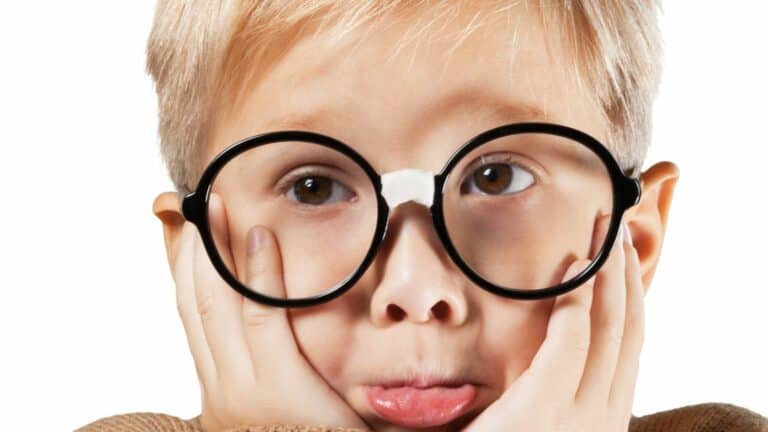Out With The Old: 20 Things You Should Get Rid Of During Spring Cleaning

Spring is well underway and if you haven’t already, it’s time to do your spring cleaning. Spring cleaning is a time-honored tradition that not only involves deep cleaning our homes but also decluttering and purging items that no longer serve us. If you are looking to start spring cleaning in the near future, here are the 20 items that you probably have too many of, and that you should definitely take out of your home.
Expired Pantry Items

During spring cleaning, go through your pantry and remove expired food items. Over time, it’s easy to accumulate goods like canned foods, spices, and grains that go unnoticed and eventually go past their best-before dates. Consuming expired food can pose health risks and affect the quality of your meals. Start by taking everything out of your pantry and checking expiration dates. Dispose of any items that are past their prime, and take note of what you frequently use and what tends to linger on your shelves. This can help you make better purchasing decisions in the future. Organize your pantry by grouping similar items together and placing those with closer expiration dates at the front to ensure they’re used first.
Outdated Medicines

Outdated or unused medicines can clutter your medicine cabinet and, can also be dangerous if taken by mistake. It’s important to regularly clear out any medications that are past their expiration date or that you no longer need. Additionally, keeping unused prescriptions can lead to accidental misuse.
Ditch The Old Clothing and Shoes

Closets can become filled with clothes and shoes that are no longer in wearable condition. Items that are stained, ripped, or have lost their shape should be removed from your wardrobe. These pieces take up space and can make it difficult to see and access the clothes you actually wear. For clothes that are still in good condition but no longer fit your style, donation is a great option.
Old Magazines and Newspapers

It’s easy for old magazine issues and newspapers to pile up and create unnecessary clutter. If you haven’t referred back to these publications in months, it’s unlikely you’ll need them in the future. Recycle outdated magazines and newspapers to free up space in your home. For future reading, consider transitioning to digital subscriptions to keep the clutter at bay and reduce paper waste.
Unused Electronics and Cords

In the digital age, it’s common to accumulate a collection of old electronics and cords that are no longer in use. These might include cords for outdated mobile phones, chargers for devices you no longer own, or obsolete gadgets. These items not only take up space but can also be a source of hazardous waste if not disposed of properly.
Broken or Obsolete Household Items
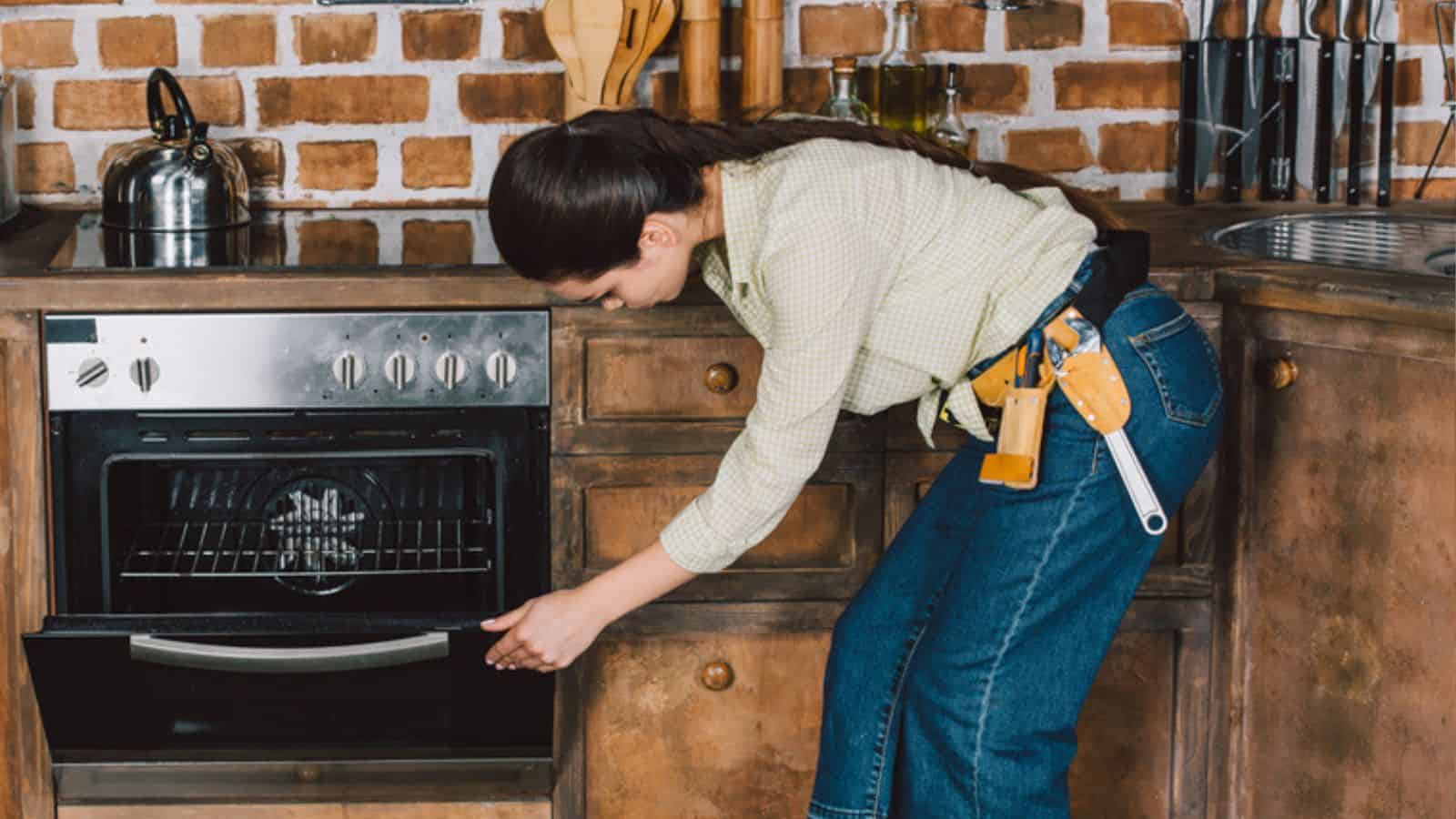
Broken or obsolete household items can accumulate over time, often stored away with the thought of future repair or use. However, if these items have been collecting dust for an extended period, it’s probably time to let them go. Determine whether it’s worth fixing these appliances or if they should be recycled or thrown away.
Toys No Longer Played With
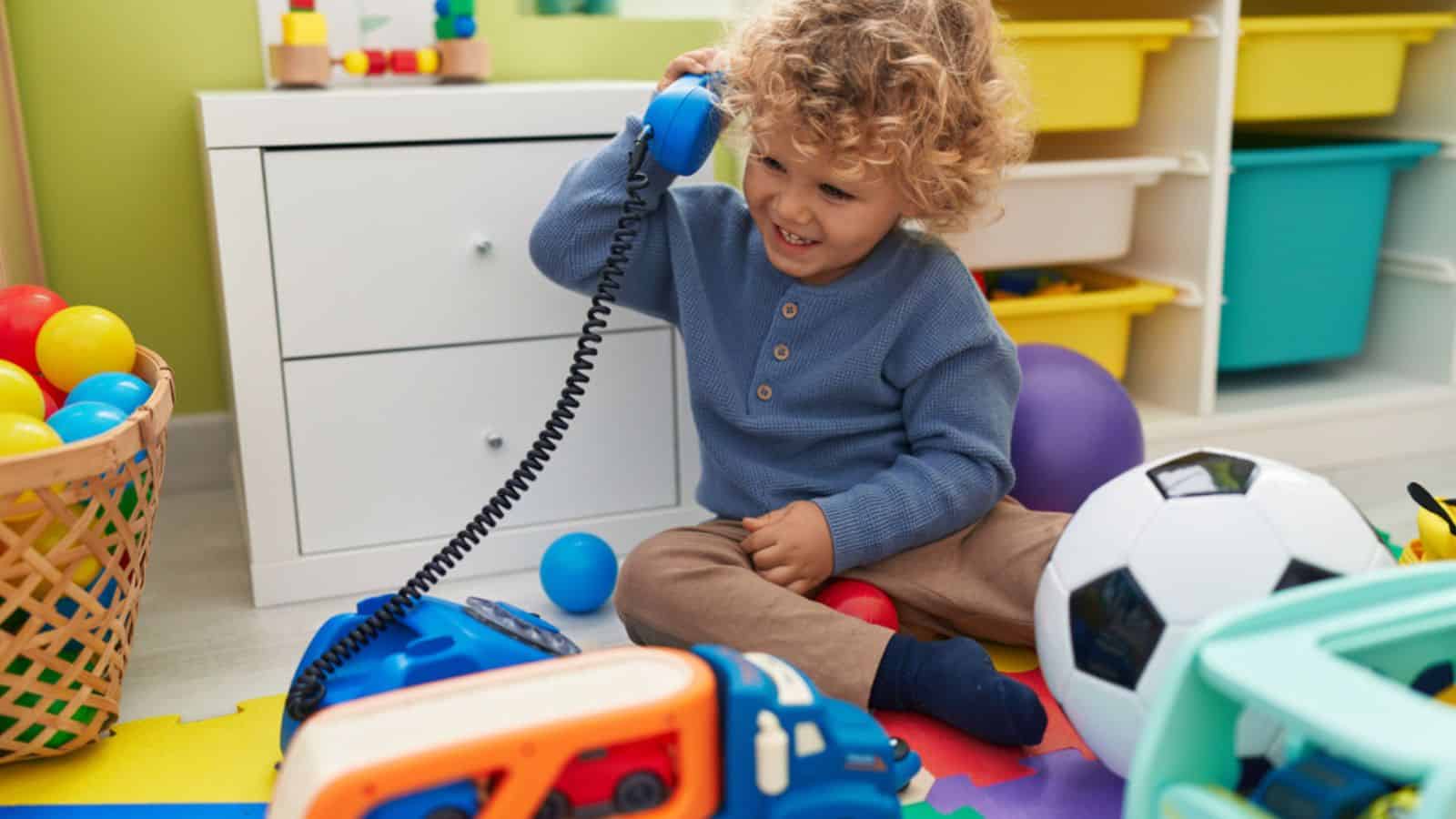
Children outgrow toys both physically and developmentally pretty quickly, which leaves many households with bins of neglected playthings. Toys that are no longer used can be donated, given to family friends, or sold at a garage sale. Before parting with toys, it’s a good idea to involve your children in the decision-making process, encouraging them to pass on items they no longer enjoy to others who might.
Duplicate Kitchen Utensils

Kitchens are known as the heart of the home, but they can also be a prime spot for duplication, especially when it comes to utensils. Over time, many homes accumulate multiple sets of measuring spoons, spatulas, or can openers, which can clutter drawers and countertops. Take time to sort through your kitchen tools, setting aside any duplicates or items you haven’t used in the past year. Consider keeping the best quality or most frequently used items and donating the rest.
Expired Makeup and Skincare Products

Makeup and skincare products are also items that tend to accumulate over time. These items have limited shelf life, and using products past their expiration can lead to skin irritation or infections. As part of your spring cleaning routine, sift through your beauty products and discard anything that smells off, has changed texture, or is past the expiration date indicated on the packaging. Remember that mascaras and liquid eyeliners should be replaced every three to six months to prevent eye infections, while foundations and lipsticks generally last around one year. Properly disposing of these items is important, as some ingredients should not be introduced into the water supply. Check with your local waste management for guidelines on disposing of cosmetics, or look for retailers with recycling programs for beauty products.
Unused or Expired Coupons

Coupons can be a great way to save money, but they often go unused and become just another piece of paper cluttering your space. Sort through your coupon collection and recycle any that are expired or irrelevant to your purchasing habits. For the ones you decide to keep, organize them in a way that makes them easily accessible, such as a dedicated coupon organizer or a digital app. Some stores offer digital coupon programs that can be linked to your loyalty card, eliminating the need to carry physical coupons altogether.
Cluttered Paperwork and Old Bills

Throughout the year, paperwork can pile up, including old bills, receipts, and documents. Spring cleaning is the perfect time to tackle this paper clutter. Start by shredding any documents that contain personal information to prevent identity theft. For important papers that need to be kept, such as tax documents or contracts, create a filing system or scanning them to store digitally. Recycle what you can and make a habit of regularly managing your paperwork to avoid paperwork accumulation in the future.
Old Paint and Hazardous Materials

Old paint cans, chemicals, and other hazardous materials should not be kept indefinitely or disposed of in regular trash due to their potential harm to the environment and human health. Many communities offer special disposal days or facilities where you can drop off these materials for safe handling. Check with your local waste management authority for guidelines on how to properly dispose of hazardous waste.
Stained or Damaged Bedding and Linens

If you have bedding and linens that are stained, torn or damaged beyond repair and no longer serve their purpose, it’s time to let them go. Some animal shelters accept old bedding and towels for use in animal care, so consider donating them if they’re still in usable condition. For textiles that are too worn for donation, look into textile recycling programs in your area.
Unmatched Socks and Gloves

Unmatched socks and gloves are common in most households and can take up a lot of drawer space. Gather all the single socks and gloves, and make an attempt to find their matches. If after a thorough search you come up empty-handed, it’s time to repurpose or discard them. Single socks can be used as dust rags, pet toys, or even as packing material. If you can’t find a new use for them, it’s time to recycle them. Gloves, especially those that are still in good condition, can be repurposed for cleaning or used in the garden.
Old or Unused Sports Equipment

Sports equipment that is no longer used can take up a significant amount of space in your home. Whether it’s an old set of golf clubs, a tennis racket, or a bicycle that’s seen better days, consider selling, donating, or recycling these items. Many communities have second-hand sports stores or charities that welcome sports equipment donations.
DVDs, CDs, and VHS Tapes

Physical media such as DVDs, CDs, and VHS tapes have largely been replaced by digital streaming services. If you no longer use these items or have upgraded to digital versions, it’s time to declutter. Many second-hand stores accept these items, and there are also online marketplaces where collectors look for specific titles.
Excess Shopping Bags (Plastic and Paper)

If you have a collection of plastic and paper shopping bags stuffed into a cupboard or drawer, spring cleaning is the perfect time to pare down this stash. Many grocery stores have recycling bins specifically for plastic bags, as these cannot typically be recycled through regular municipal recycling programs. Consider keeping a few reusable bags in your car or near your front door to reduce the accumulation of disposable bags in the future. For excess paper bags, these can often be recycled with other paper products.
Worn-out Bath Towels and Mats

Bath towels and mats that are frayed, faded, or just don’t absorb moisture like they used to can make your bathroom feel drab. Replace them with fresh linens to rejuvenate the look and feel of your bathroom. Worn-out towels and mats can find a second life as cleaning rags or pet bedding. If they’re too worn for reuse, you may want to recycle them instead.
Unused Craft Supplies
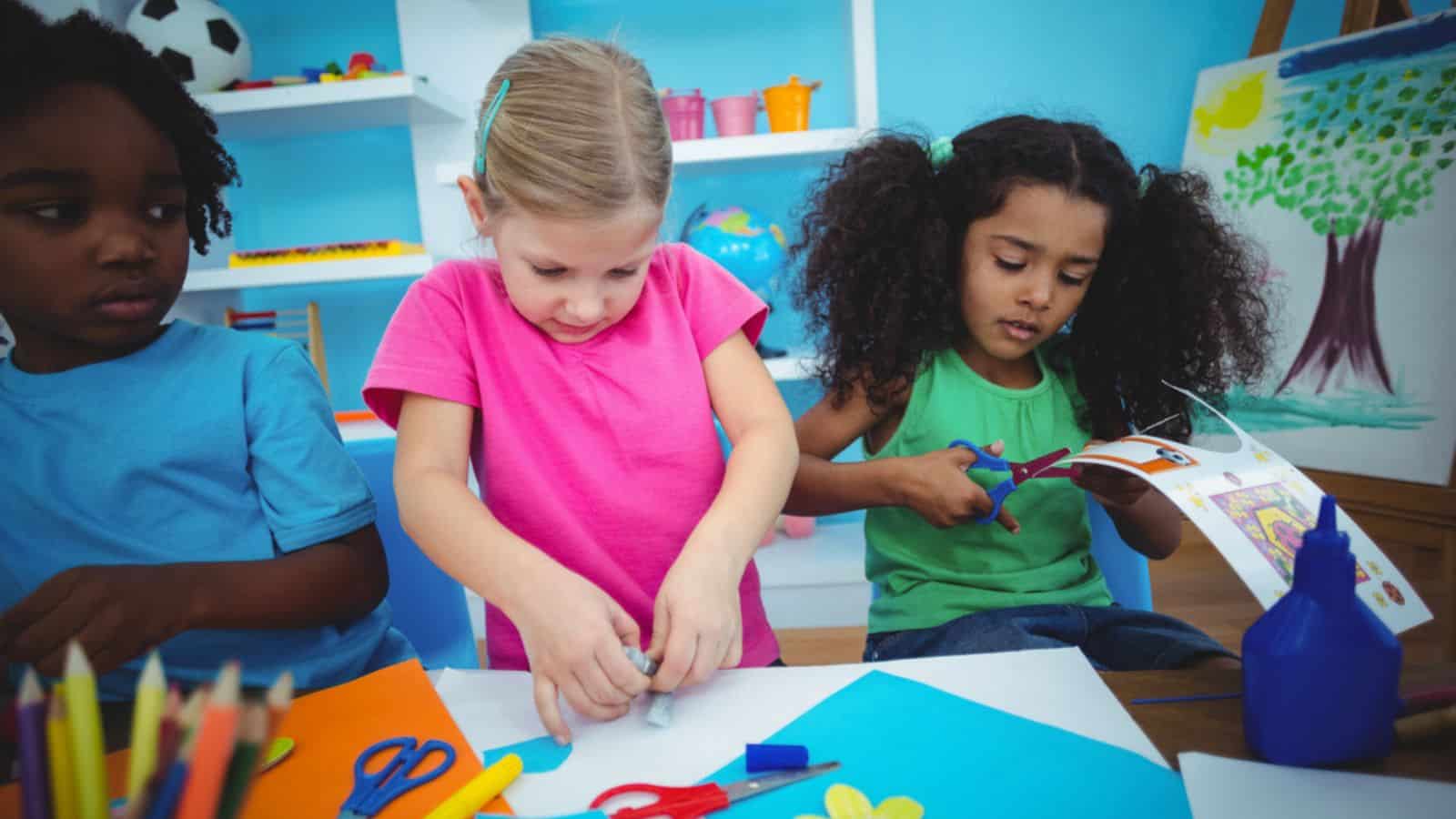
Craft supplies can accumulate quickly, especially if you or your family members are involved in various creative projects. Unused or leftover materials such as yarn, fabric scraps, beads, or scrapbooking items can take up space and contribute to a cluttered environment. Consider donating these supplies to schools, community centers, or local art programs where they can be put to good use.
Excess or Outdated Holiday Decorations

Holiday decorations have a way of growing in number each year, and it’s not uncommon to hold onto more than we actually use. As you declutter, take time to sort through your holiday items. Discard or donate decorations that are broken, outdated, or no longer fit your taste. If some decorations hold sentimental value but are not used, consider repurposing them into something new that you will display. For those items that are still in good condition but simply not needed, donation is a great option.
More From Arnie Nicola: 16 Old-School Cleaning Tricks That Actually Works
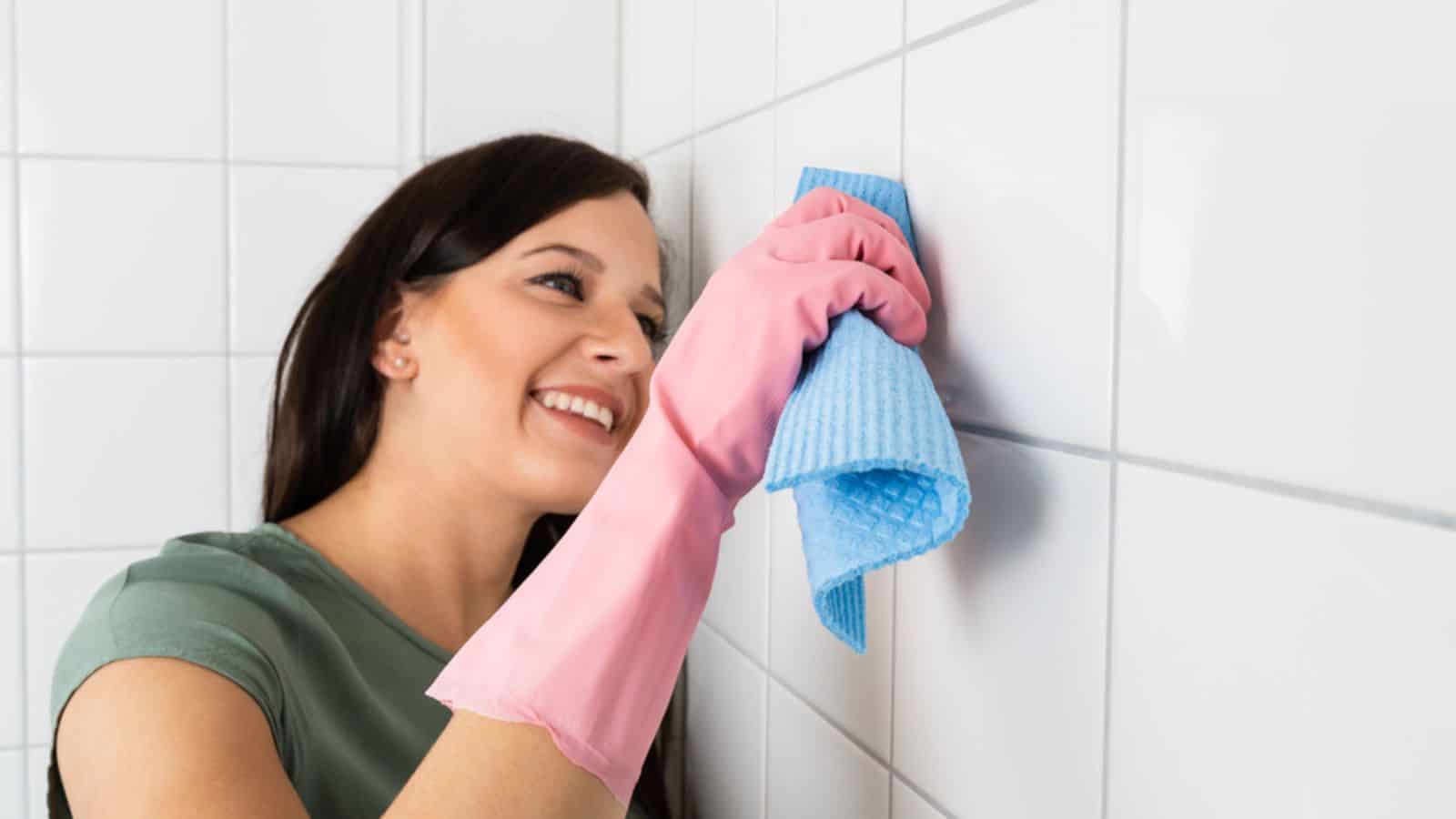
Don’t want to resort to all the toxic chemicals available in the market to clean your house? Here are some traditional cleaning hacks that actually works. Many of these cleaning hacks have been passed down from generation to generation, and utilize simple household items to use for day-to-day cleaning and maintenance. These tried-and-true methods not only work wonders but also favor a more natural and eco-friendly approach to keeping our homes spotless.
16 Old-School Cleaning Tricks That Actually Works
More From Arnie Nicola: Tips To Keep Your House Clean With Children

Keeping a clean house can be challenging with children, as they often create messes and clutter. However, with some careful planning and organization, it is possible to maintain a tidy and clean home. Here are some ways to keep your house clean with children.


